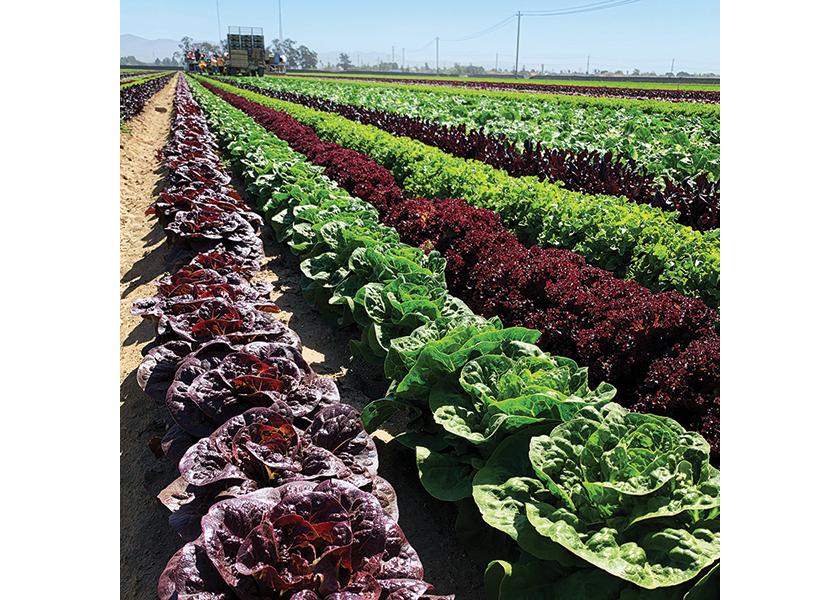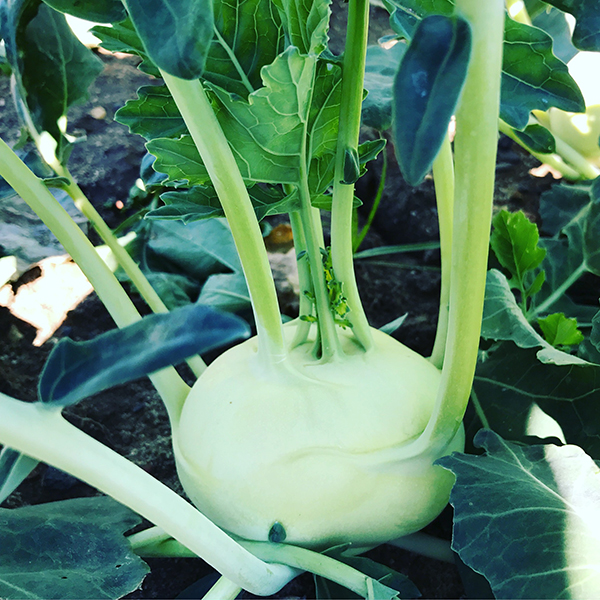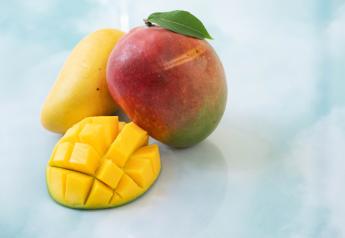Foodservice specialty sales remain strong

Foodservice sales account for a major part of the business for many specialty produce distributors.
At Santa Maria, Calif.-based Babe Farms Inc., about 80% of the specialty items the company sells goes to foodservice, said Matt Hiltner, marketing coordinator. Foodservice operators turn to specialty produce to create a unique dining experience for their customers, he said. Products that have seen the most movement in foodservice lately include baby head lettuces, Blondé Frisée and specialty radishes, particularly the watermelon and purple Ninja varieties.
Yelp and Instagram have become key factors in determining where consumers, especially travelers, eat, Hiltner said. “For this reason, chefs and restaurant owners may be willing to spend a little more on premium ingredients that will help them create a better quality, more Instagram-able plate for customers.”

About 75% of the business at Coosemans L.A. Inc. goes to foodservice, said Alan Pollack, general manager. But Pollack said the definition of “specialty” is changing as more and more specialty items become mainstream. He cited Holland tomatoes and Holland colored bell peppers as examples.
Today, specialties sometimes are defined by specific characteristics they exhibit, such as that they lack the lifespan or “holding power” of conventional produce, they are sold in smaller units and they require more hands-on treatment than other commodities, he said. “We are definitely hands-on,” Pollack said. “People are expecting just No. 1 (grade) produce.”
One trend Pollack has noted is a rise in the popularity of specialty potatoes, such as fingerlings, as well as red, purple and marble potatoes. A restaurant might save money by substituting four or five marble potatoes for a larger baked potato that needs accompaniments such as sour cream, chives, cheese and bacon bits, he said. Specialties also can enhance plate appearance.
Specialty produce actually had its origin at white tablecloth restaurants, said Charlie Eagle, vice president of business development for Southern Specialties Inc., Pompano Beach, Fla. Over the years, specialty items gained favor with large restaurant chains, and then, retailers as consumers began taking home specialties to try to duplicate their restaurant dining experiences, he said. Suppliers say they expect foodservice to continue to grow, and generally aren’t too concerned about the impact of inflation on sales.
Babe Farms officials have not yet seen any signs of foodservice customers cutting back on specialties, Hiltner said.
“Most of the foodservice channels for our specialty vegetables are in some of the nation’s biggest travel destinations, and with the travel industry booming following the pandemic, we hope these rising costs will be mitigated,” he said.
Eateries are buying specialties to dress up their plates and expand their menus to lure back diners after the restaurants cut their menus down to the basics during the pandemic, Pollack said.
Chefs may adjust portion sizes or tweak their menus to keep costs under control, said Eagle of Southern Specialties. But he thinks there will still be a role for specialty items. “(Chefs) like to differentiate themselves from the next guy,” he said, “and one way to do it is with specialty produce.”







